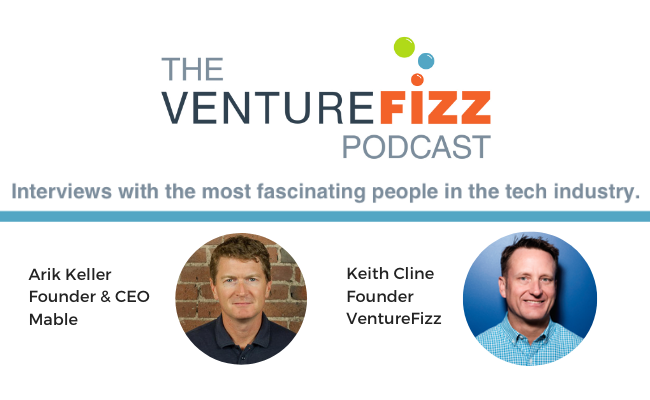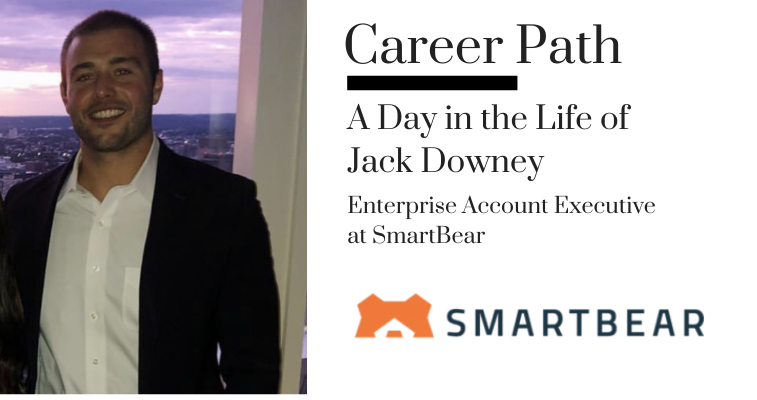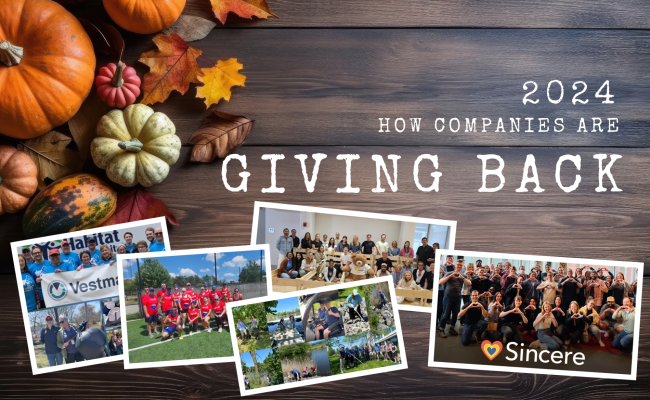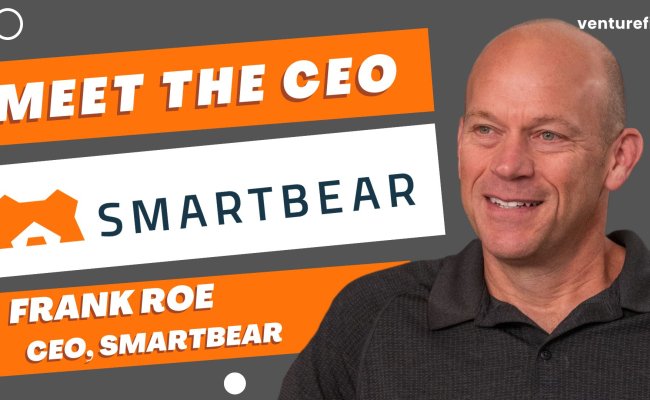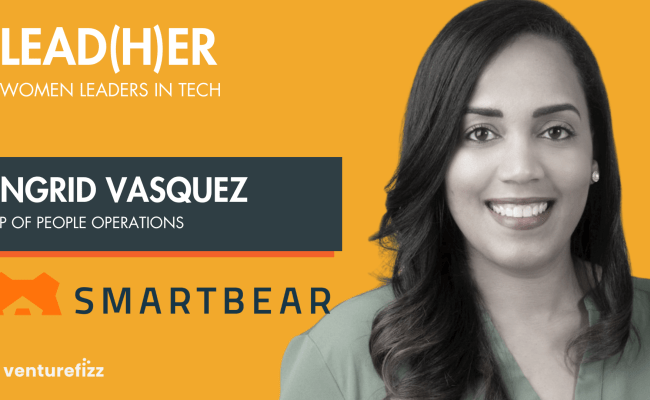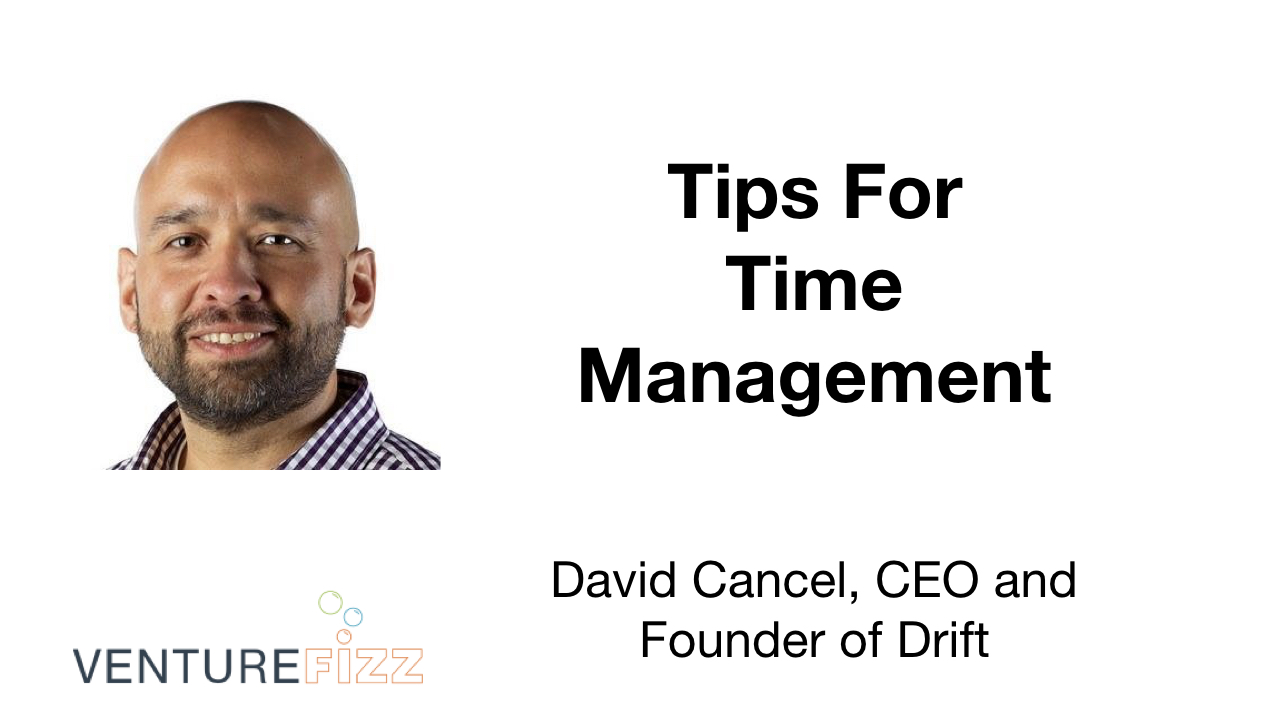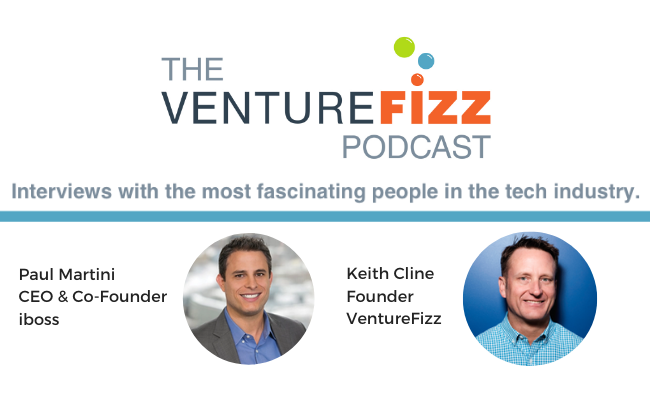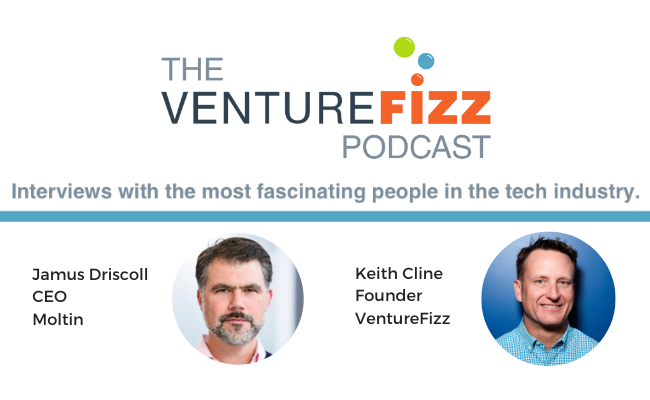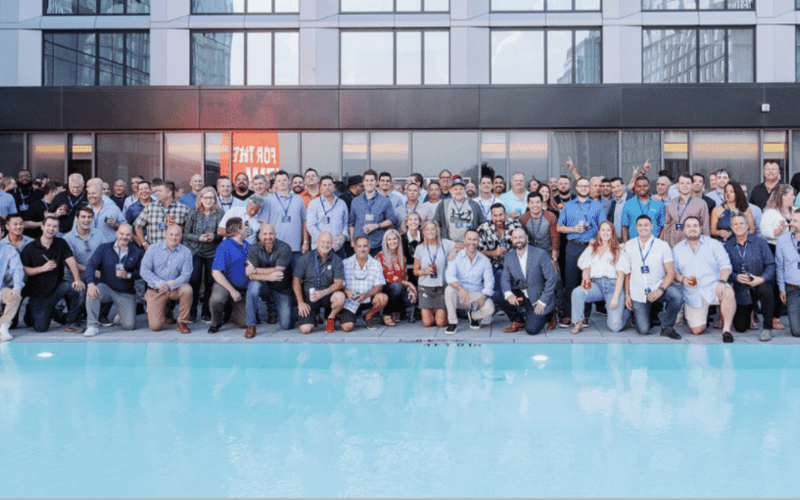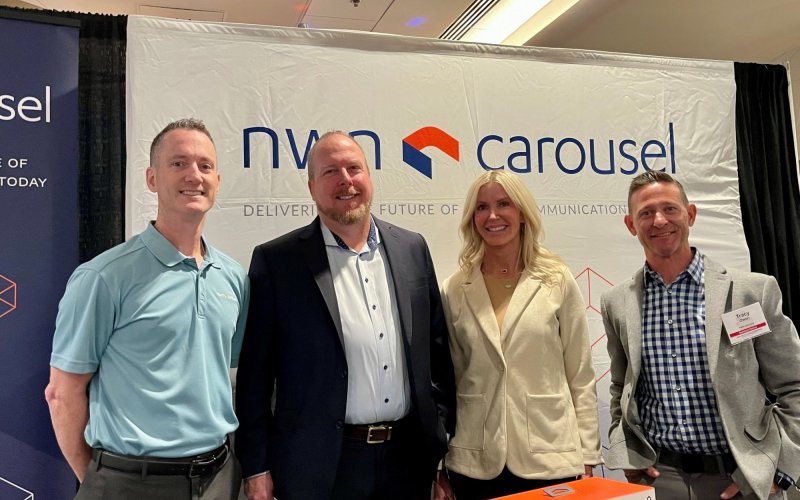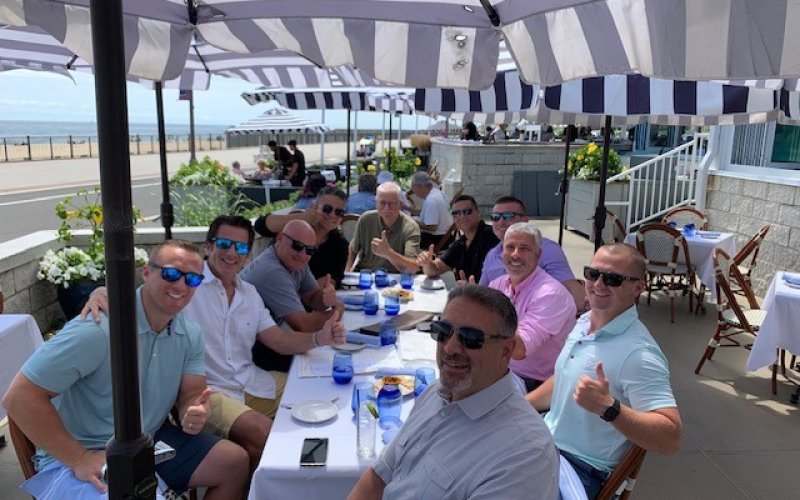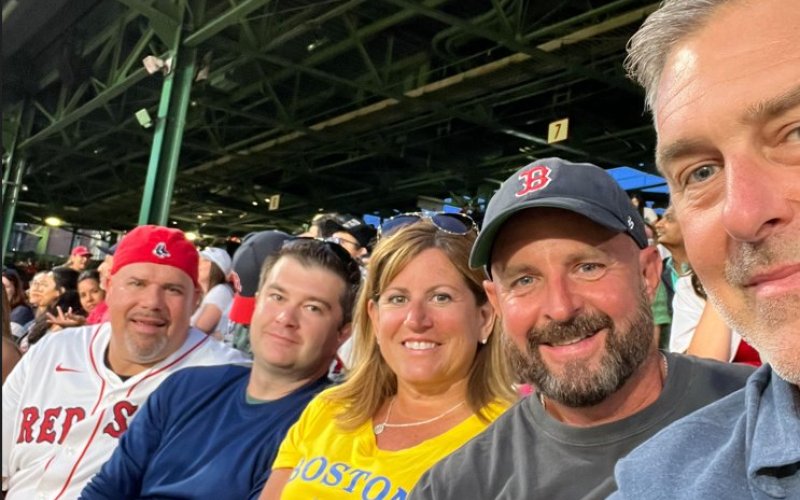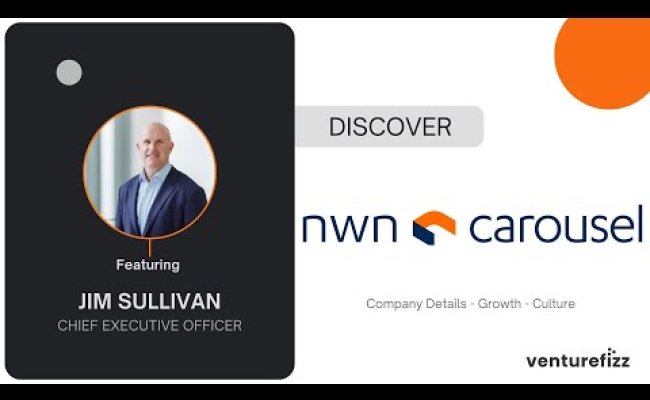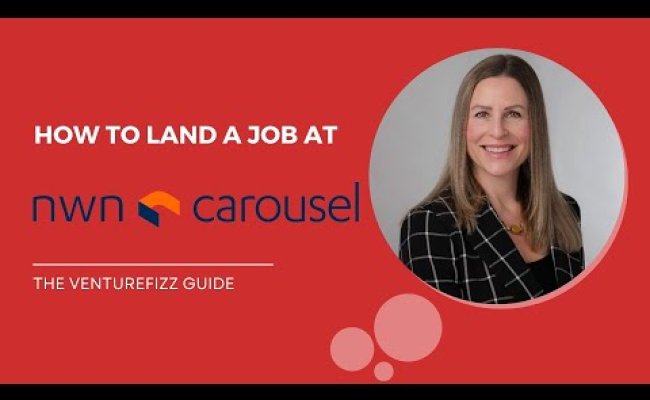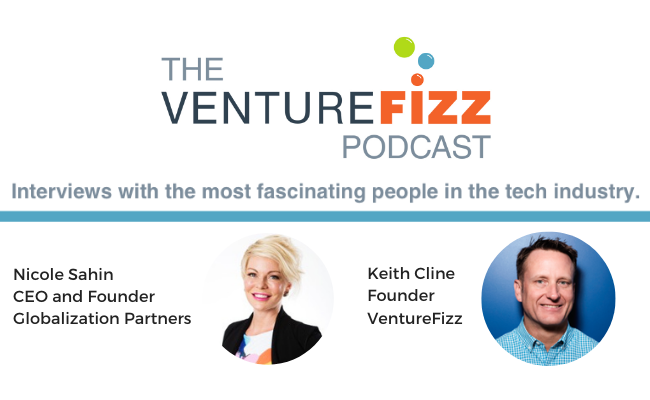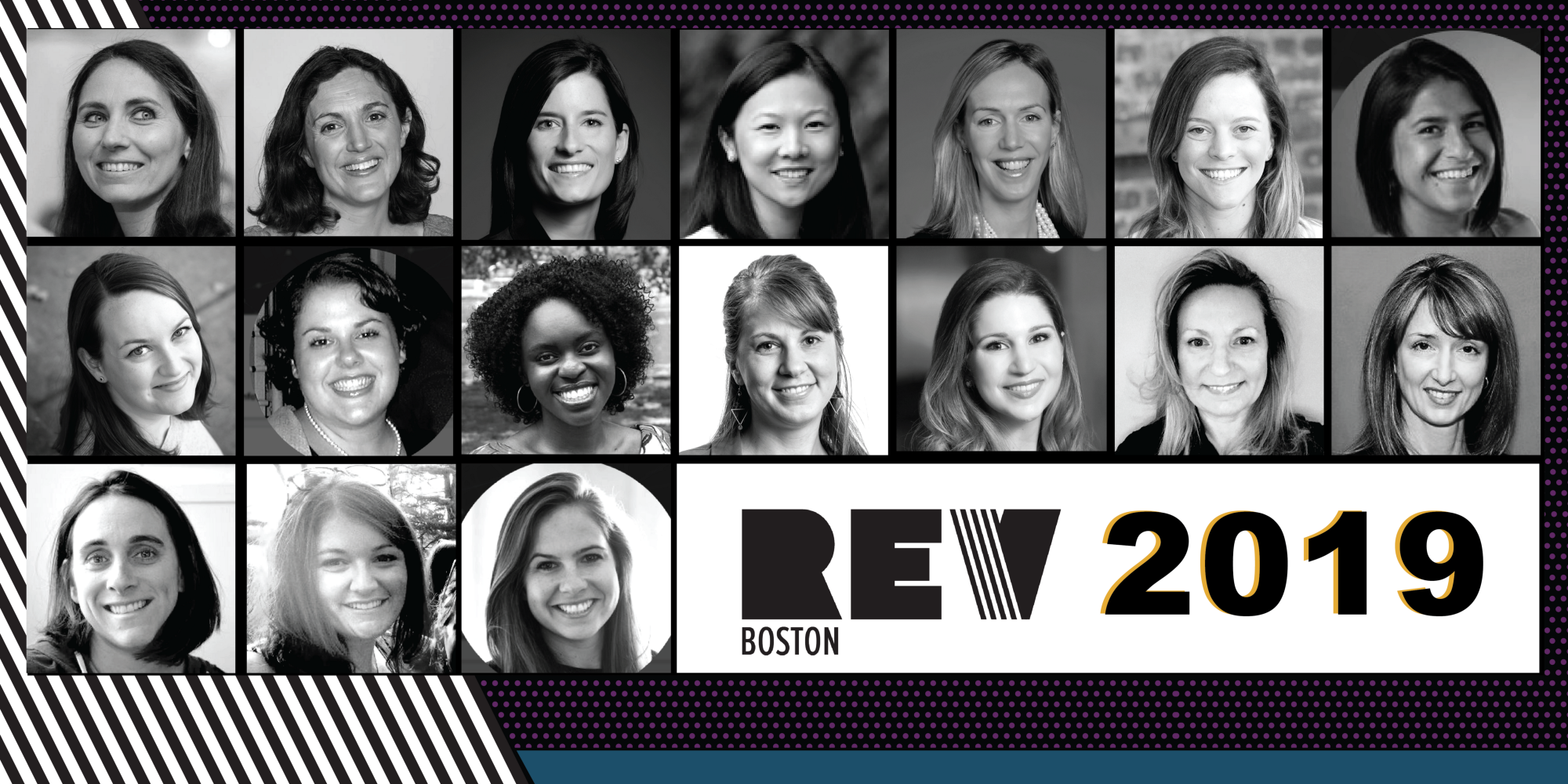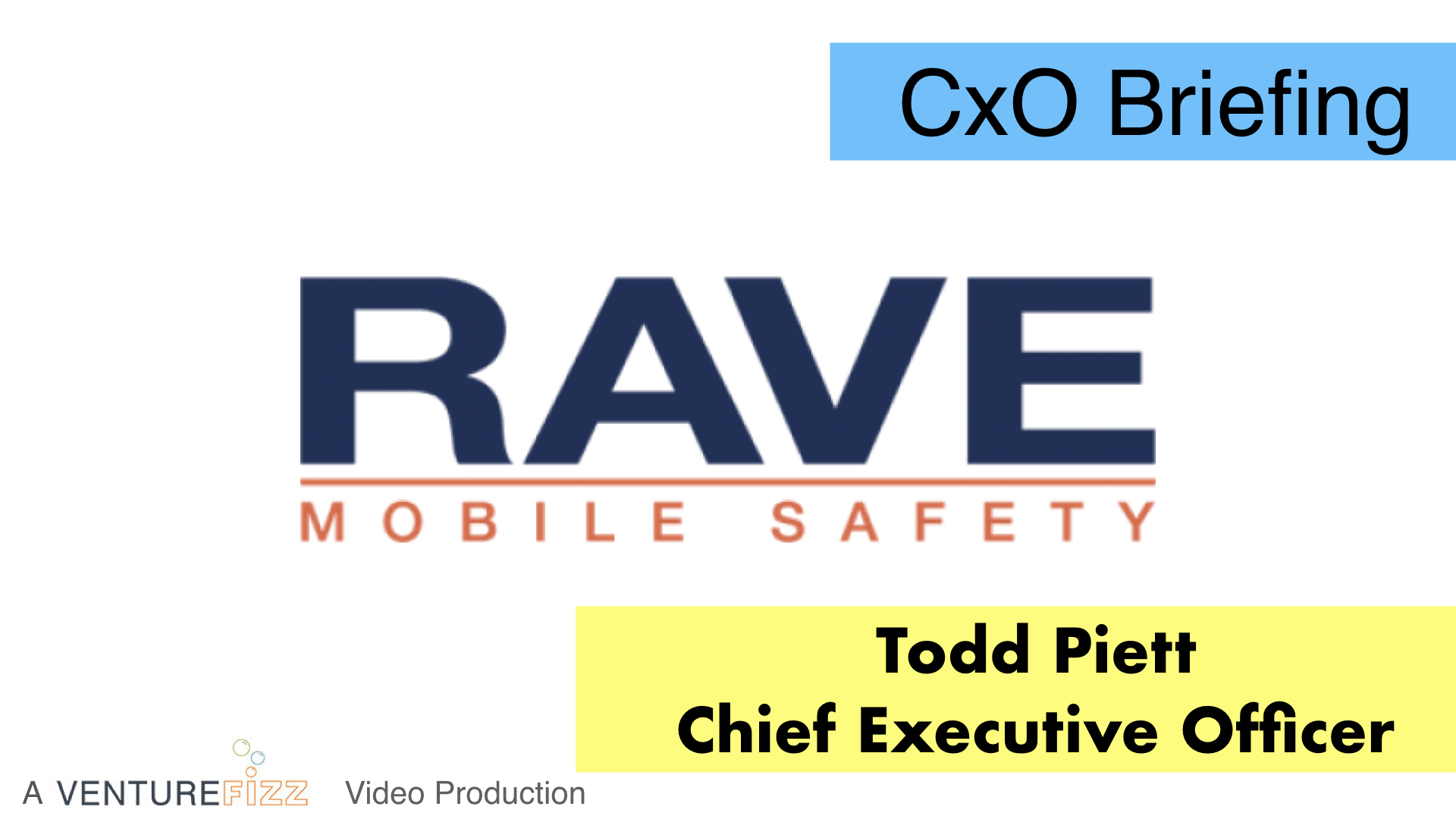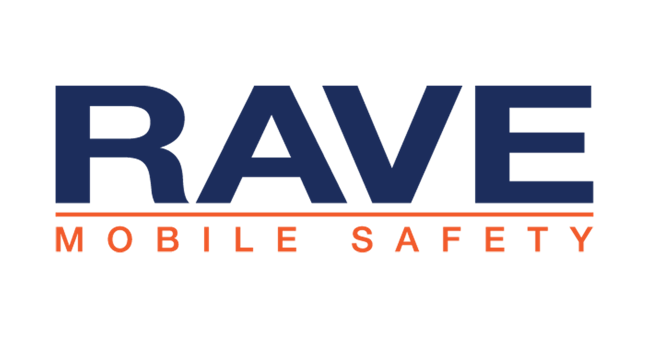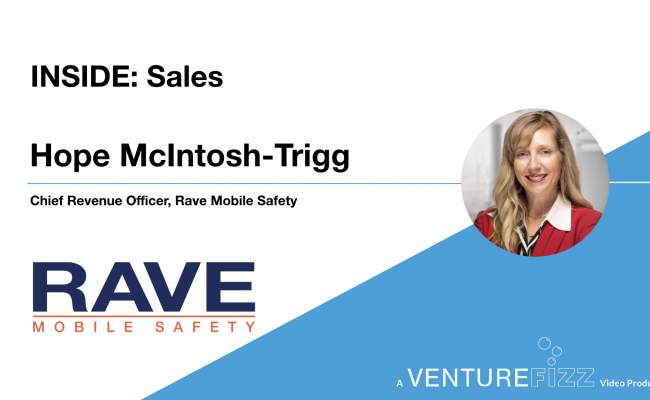What do the career path and the day-in-the-life look like for an Enterprise Account Executive at SmartBear?
We connected with Jack Downey to find out!
Click here for a list of job openings at SmartBear, or check out the right side of this page!

Where did you grow up? What did your parents do for work?
I grew up in Framingham Massachusetts, about a half-hour away from Boston. My Mom is a school teacher and my Dad is also in Sales like myself. Specifically HR Benefits.
Where did you go to college? What did you study and what were some of your initial jobs out of school?
I went to college at Worcester Polytechnic Institute. I studied “Management Engineering” which combined some science with a core business degree. I actually had a sales internship at the Mathworks during school, and always wanted to pursue B2B sales once getting into my degree. After graduating I immediately started here at SmartBear, June 2015.
What has attributed to your success thus far and has helped propel you to the position you have now?
Having a routine and taking value in your time is the number 1 catalyst to being successful in sales. Time is your most important asset. I attribute learning these concepts from the leaders I had in my life both personally (my dad) and the people I met at SmartBear (manager-level, director, peers). Being open, curious, and coming in with a positive attitude has made climbing the “success ladder” feel almost effortless.
Can you share the high-level responsibilities of your current position as Strategic Account Manager at Smartbear?
The “SAM” role at SmartBear includes being an account manager (main point of contact) for a set list of SmartBear’s highest spending clients. I have 15 accounts whom I maintain relationships with and help build out SmartBear’s technology portfolio (17 different tools!) where it fits best through my clients. It is my job to grow and maintain our top customers.
Any tips for someone considering a career in Sales?
Don’t be afraid of failure, embrace it, do your best to reflect why, and then quickly move on. Everyone fails at some point in Sales, it's part of the game
From the previous answer; Time is your most important asset. Always assess how you spend your time on a day-to-day (build a routine)
LISTEN. Listen to your peers, Listen to your management, most importantly listen to your customers. Customers have full control nowadays, all information at hand. You will build trust from being able to understand exactly what a customer is saying, and providing your best recommendation (which should inevitably lead to a sale)
Day in the Life
Coffee, tea, or nothing?
Coffee at least 2. But lately I have been enjoying Yerba Mate tea.
What time do you get into the office?
7:45 - 8:15
What are three things that motivate you in your role?
Money (duh), Competition, and learning something new every day. Being in the tech space, always something new around the corner, and specifically with our top clients.
Every day is different, but can you outline what a typical day looks like for you?
- Sit in seat and open email for 5 minutes
- Coffee, eggs, cereal/banana
- Mentally walk through the calendar for the day
- Comb through any leads
- Comb through internal expectations I’ve set for different deals
- Maybe gym around lunch
- Complete a goal set for day (open opp, get a cold meeting, etc)
- rinse, repeat.
What time do you head out of the office?
6-6:30
Do you log back in at night or do you shut it down completely?
Definitely depends. I am an email addict and have it on my phone, so I am always tapped in in that regard. Typically I leave my laptop in the bag, unless it's EOQ :)
Any productivity hacks?
Eat breakfast, set a consistent routine, end your day with planning tomorrow.
What are the 3 apps that you can’t live without?
Uber/Lyft, Robinhood, Reddit
What professional accomplishment are you proudest of?
Consistently being able to visit customers and do large presentations with no longer being nervous. I’ve now done over 12 Customer visits the past year, which was brand new to me. Also being able to close the largest deal in company history this past September, but who knows how long that will be “the largest” (We’re blowing up!)
Who do you admire or call upon for professional advice?
My Dad. He is in the same profession as I am and he always seems to know what is going to happen two-three steps down the road. He has an intangible knack for foresight, and gives great advice - Thanks Mike Downey!

